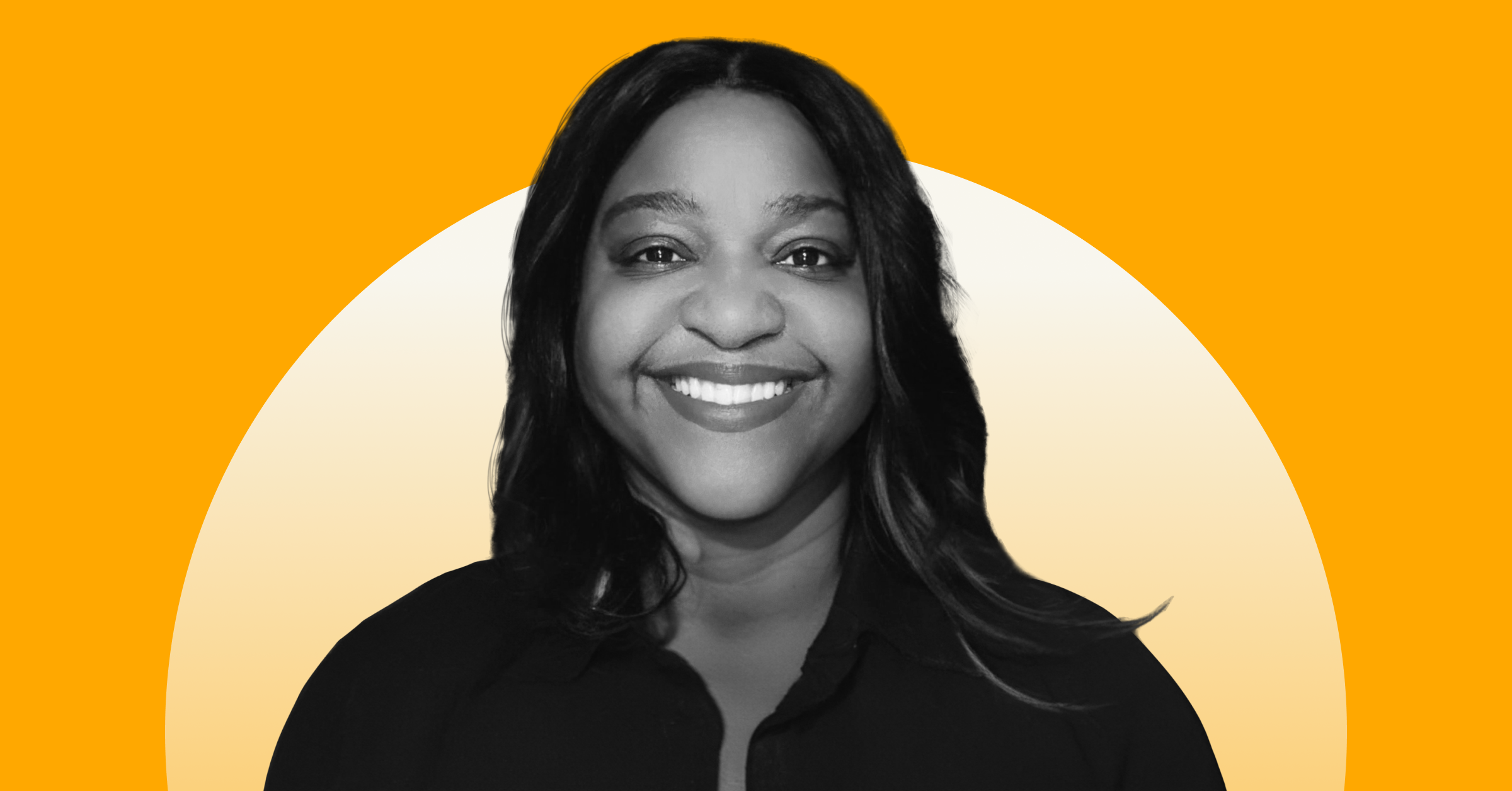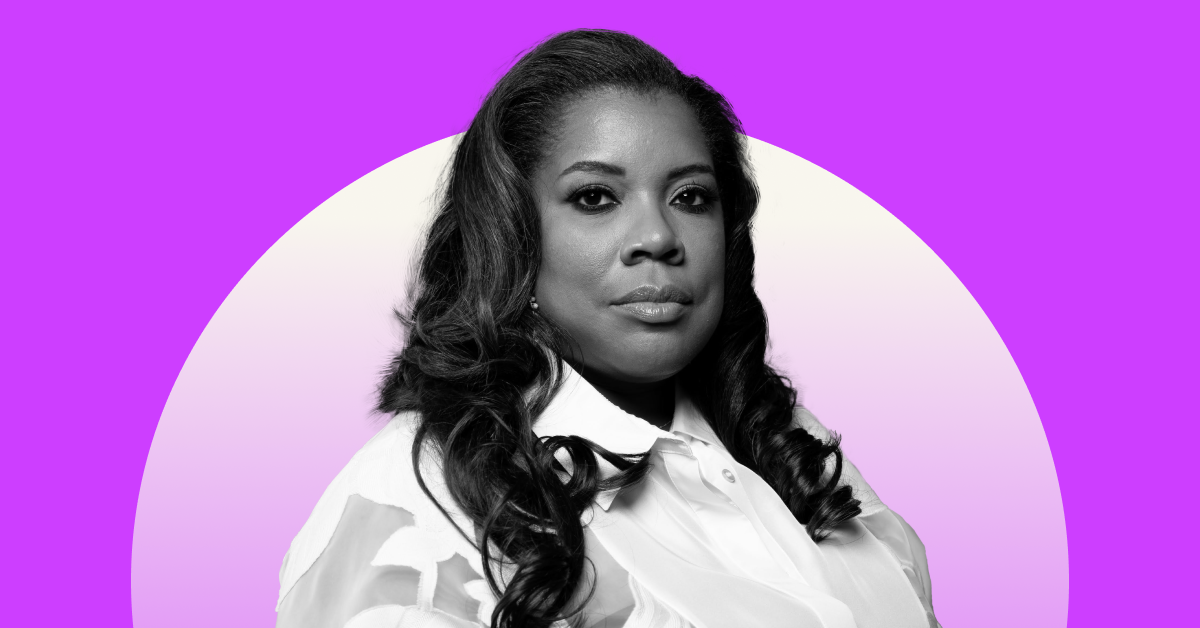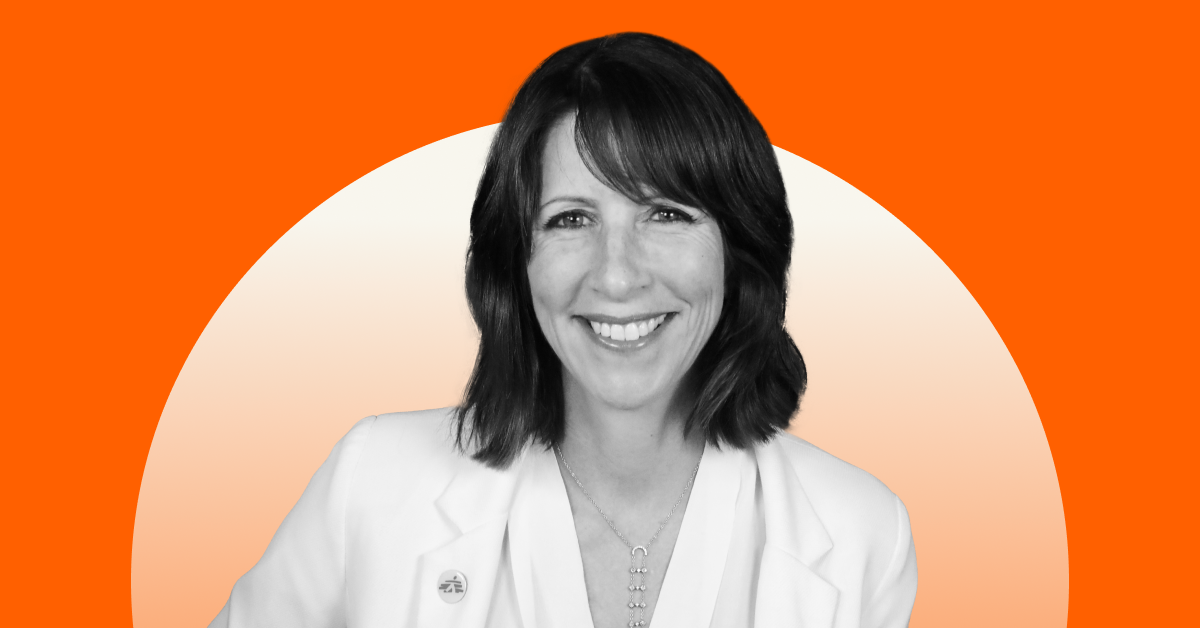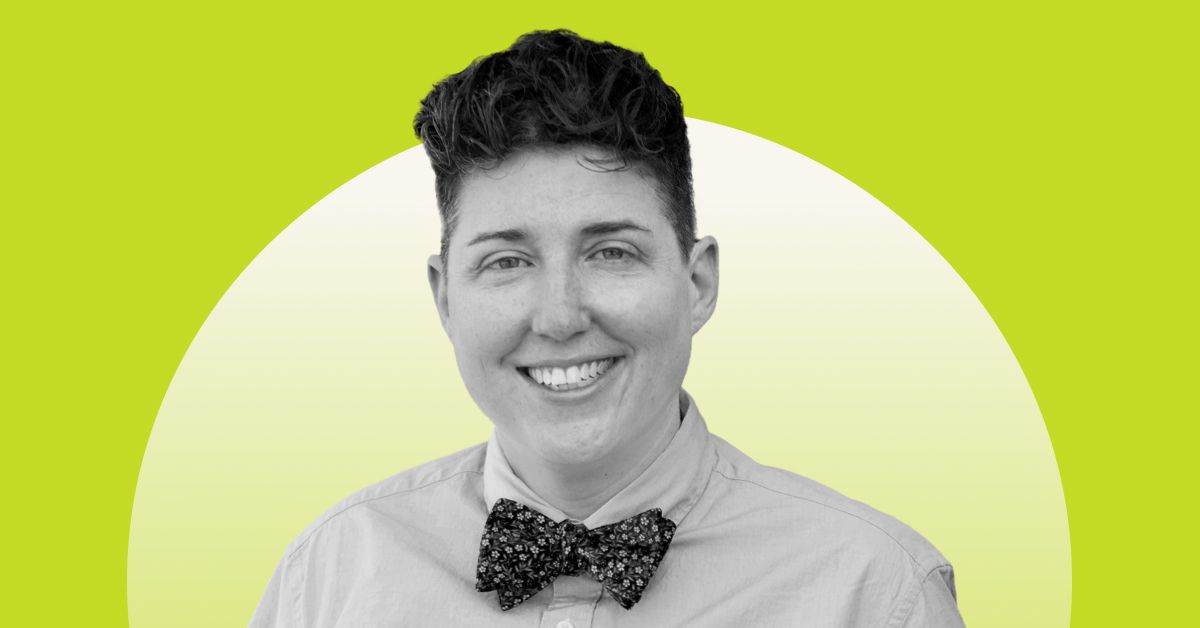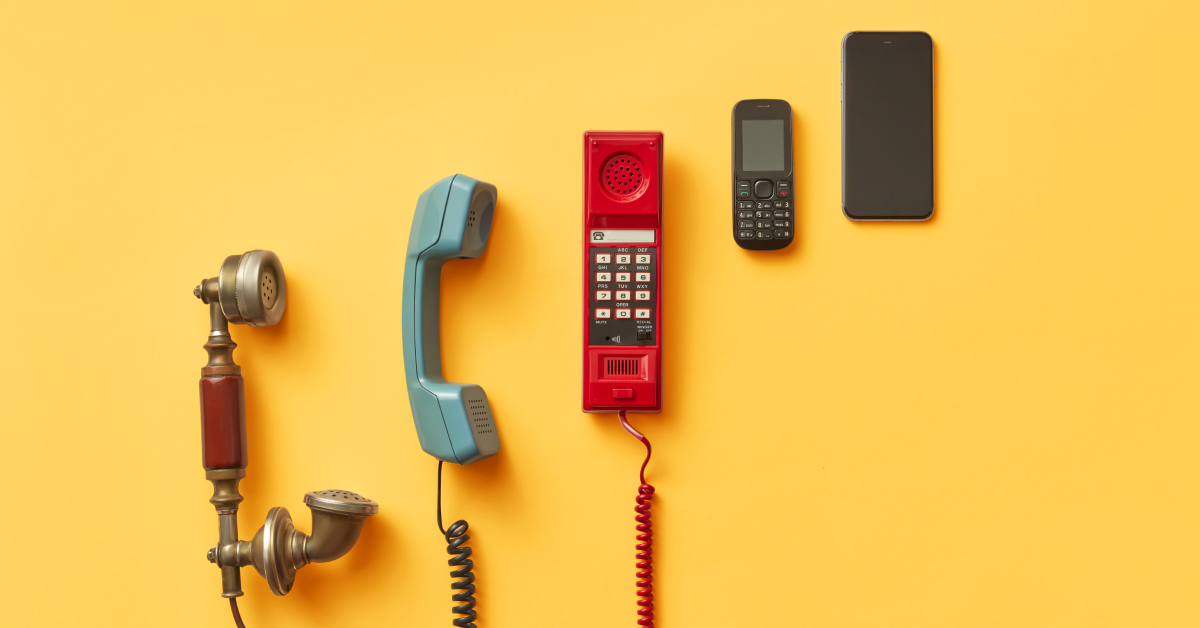The biggest career wins often come with risk. On our series, The Big Bet, Chief speaks with some of the most powerful members in our network about that single moment when they bet on themselves — and won.
For Chief Member Carolyn Mathis, the road to success in HR was a culmination of many components. She inherited a keen sense of determination from her hard-working parents. An eager learner, she studied all she could about HR, from employee relations to development training. She worked across a number of industries, including education, advertising, finance, and entertainment. She took on roles at companies like BBDO West Advertising and Walt Disney Studios that already had established HR departments — but, most importantly, she landed her first managerial role at Pacific Oaks College, a small California college where she built the HR department from scratch.
After eight years, that big bet led Mathis to her current position: Chief People and Culture Officer at Shonda Rhime’s production company Shondaland, where she oversees all areas of “people success,” including operations, DEI, acquisitions, learning, and engagement. When she was interviewing for the mysterious role — the name of the company was confidential throughout the hiring process — she knew her previous experiences would pay off. She had already managed an HR department and helped scale a growing business. Sure enough, she was plucked to do the same for Shondaland’s small-but-expanding organization, where she was tapped to create a people culture specific to the founder’s vision. It sounded like the right career move. “Once I said I was interested, I was then told that it was for Shondaland,” says Mathis. “They wanted someone who was really interested in the role as opposed to the company itself.”
Ahead, we chat with Mathis about how she fell into HR, why companies ought to have a people-first mentality, and the challenges of the hybrid/remote work environment.
On Leaning Into Interpersonal Strengths
“After six months at BBDO West Advertising, the HR director, Jean Anne Hutchinson, said, ‘Hey, I like the way you engage with people over the phone and in person. Have you ever thought of HR?’ And I said, ‘Are those the people who hire and fire people? I don't want to do anything like that.’
She was the first person to introduce me to HR, and I never looked back. That was in 1996. But I was always interested in diverse groups and cultures. My college degree was sociology with a concentration in gender and ethnic relations. When I was in junior high school, I received the humanitarian award. When I look back and ask, ‘Where did my interest in people come from?’ It was always in me.”
On the Importance of Company Values
“I've been a part of companies where their last priority is people, and I'm always there to make sure that we think about people first. I think about how people connect to one another, if they like their work, if they understand their work, and if they have a connection to the mission, the vision, the values, and the culture of the company. If the culture is strong, your business will thrive. When we want to expand the business as a whole, we have to think about the value system and make sure everyone understands why we feel that this is a good approach. [At Shondaland, it’s] how we tell stories. That's our value system. ”
On Taking the Managerial Leap
“[My big bet] moment was when I accepted a job at Pacific Oaks College. They needed someone to come in and build the HR department from scratch. There hadn't been an HR person there in 10 years. It was the first time I was a manager, and I decided to challenge myself. When I spoke with the president and CFO at Pacific Oaks, I felt as though they valued every part of me, including how I could give to an organization. I bet on myself that I could help them scale and move the organization to success. [They had] been in a state of financial exigency, but they said, ‘We know that we're going in the right direction and we want an HR person to help build the department. We think that's you.’ And I had to say, ‘I think that's me too.’”
On Family Values
“My parents instilled in me and my two sisters that hard work matters, but it has to be hard work that you love and believe in. My father passed away when I was 17, during my senior year in high school, and we didn't know what we were going to do since he was the sole provider in my family and my stay-at-home mom had not held a job outside the home in 30 years. One day shortly after my father's passing, she said, ‘I'm going to get a job.’ That same day, she landed a job as a children's healthcare aid because she was a nurse at a children's hospital before she met my father. I love and admire her determination and confidence — my sisters and I all get that from her. She will be 93 in December.”
On the Evolution of Office Culture
“If we continue to rely on technology [in the workplace], it won’t allow people to be social and to interact with one another. We have to find ways in this hybrid or remote work environment where people can still connect. I fear we will lose that. It’s up to me and my fellow HR colleagues to help businesses find ways to keep those connections alive.”
On Racial Identity
“I take my identity as a Black woman wherever I go. My father grew up in Jim Crow, Texas. My mother grew up in New York and Philadelphia and her parents were servants. Understanding where they come from has helped to shape me as a person. [When it comes to work,] of course I want to open doors for people of color because we haven't had the access that others have had. I have that in the back of my mind. But what I have also learned from being at an organization like Shondaland is that we’re all trying to find human stories regardless of culture or race. It’s easier to express how I feel as an African-American woman at a company led by an African-American woman with a powerful voice, but we want to tell stories that present what the world looks like — and I want our organization to look like what the world looks like, too.”
